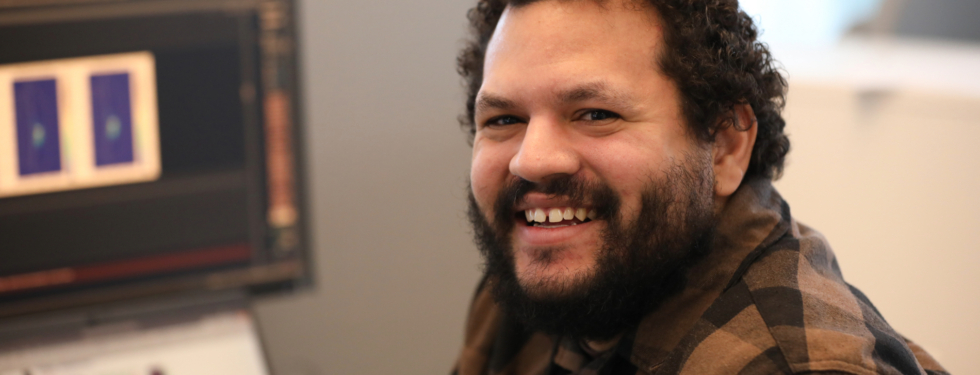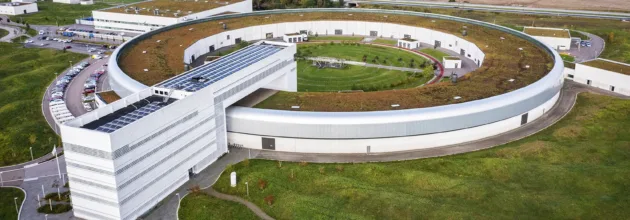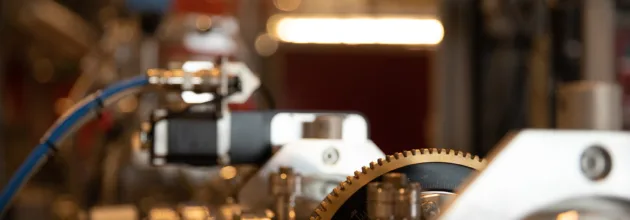Collaboration with the user community is a core part of MAX IV’s work. One joint initiative is enabled through close interaction with universities, with postdoctoral researchers dividing their time between a university research group and the synchrotron.
Highlights
A record year for research at MAX IV
MAX IV is making significant societal contributions in terms of record-high scientific productivity. In 2023, the number of publications increased by 51% compared to the previous year, and the number of unique users increased by 31%. Moreover, the number of proposals submitted in the most recent Open Call was higher than ever.
Conceptual design for three potential new beamlines developed with WISE
After successfully bringing the first 16 funded beamlines into operation, we now look into the future. In collaboration with the Wallenberg Initiative Materials Science for Sustainability (WISE), funded by the Knut and Alice Wallenberg Foundation and together with the scientific community, MAX IV will develop the conceptual designs for three potential new materials science beamlines.


